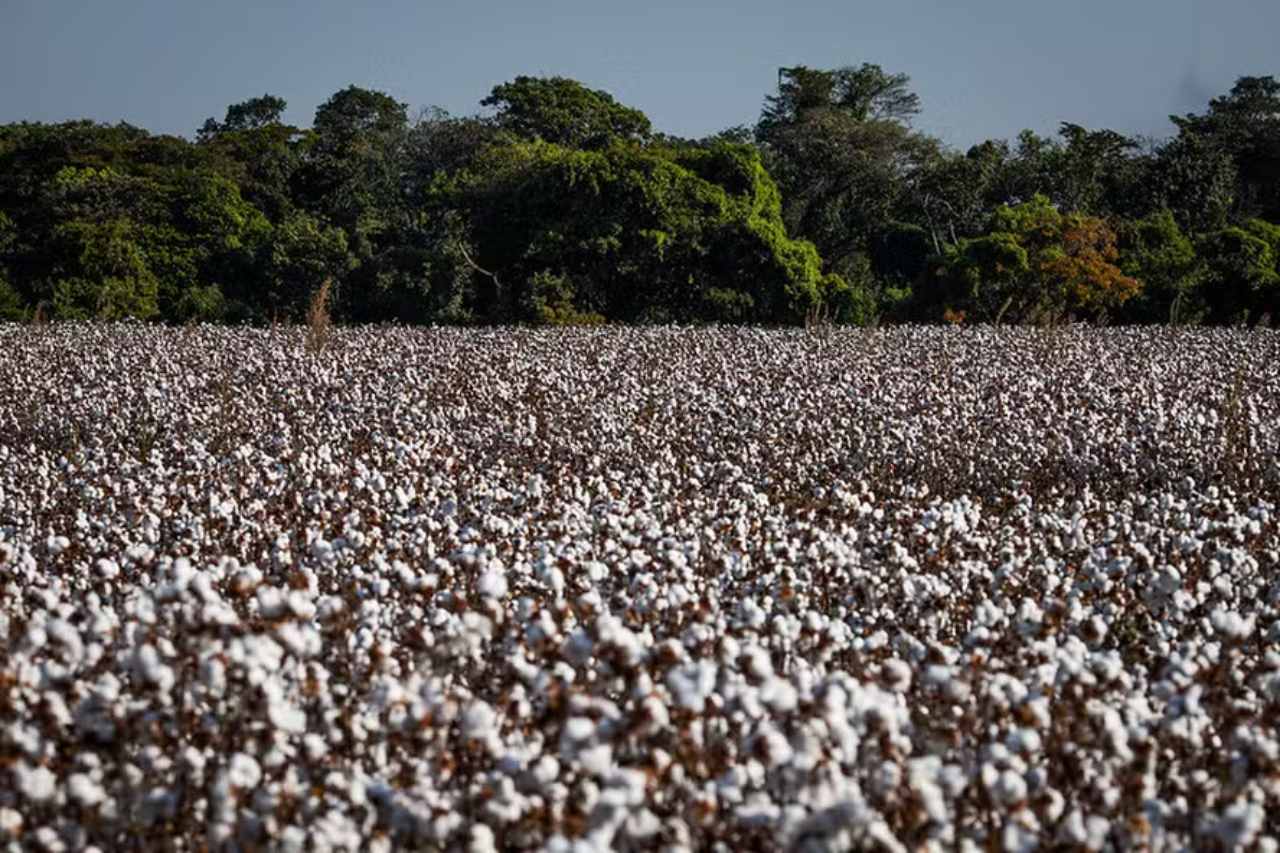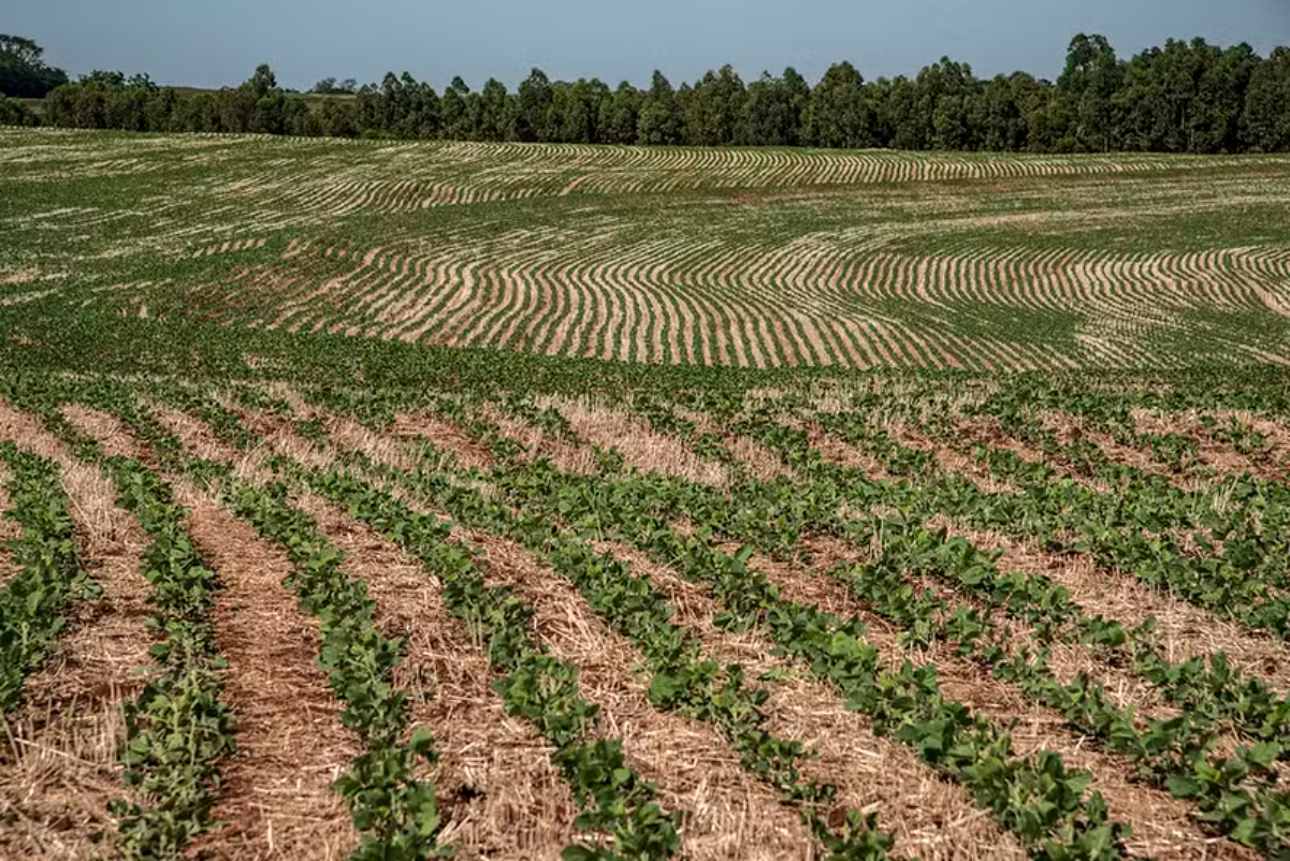Agreements Include Sorghum, Fresh Grapes, Sesame, and Fish Meal
Brazil and China are set to sign at least four sanitary protocols to facilitate the export of new Brazilian products to the Chinese market. These agreements will be formalized tomorrow (November 20) during a meeting between Presidents Luiz Inácio Lula da Silva and Xi Jinping in Brasília.
The protocols will enable China to open its market to sorghum, fresh grapes, sesame, and fish meal, the latter being a byproduct used in animal feed production. Discussions are ongoing for additional protocols, such as for pork and beef offal exports, but these are not expected to be signed during tomorrow’s meeting, according to sources.
Technical details for pork offal exports are at a more advanced stage, and there remains a possibility that this process could be finalized during Xi Jinping’s visit, said a source familiar with the negotiations. Other agreements are expected to be concluded soon.
On Wednesday, Agriculture Minister Carlos Fávaro will attend a dinner honoring the Chinese president at the Itamaraty Palace in Brasília. The minister may bring up to 15 guests, with the list likely including Brazilian agribusiness leaders and executives from export sectors such as meat and cotton.
Meat Processing Plants
Despite anticipation in the sector, China will not announce the approval of new Brazilian meat processing plants for export during this visit, the source said. This step is expected to occur in the first quarter of 2025.
This year, 39 establishments have already been authorized to export beef, pork, and poultry to China. Last year, four other units received approval, and nearly all companies whose exports had been suspended have been allowed to resume trade. However, BRF’s plant in Rio Verde remains barred from accessing the Chinese market since 2018.
Approximately a month ago, Brazil’s Ministry of Agriculture submitted a new list of 47 meat processing plants for China’s approval. Of these, around 30 focus on beef. After verifying compliance with Brazil’s sanitary requirements, these companies are reviewed by Chinese authorities, who make the final decision.
A source close to the discussions reported that new approvals are likely in the first quarter of 2025, focusing on poultry and pork processing plants. Audits of these facilities are scheduled for January and February of next year.
As China seeks to boost domestic beef production, approval of additional Brazilian beef plants is expected to be postponed until the second half of 2025.





